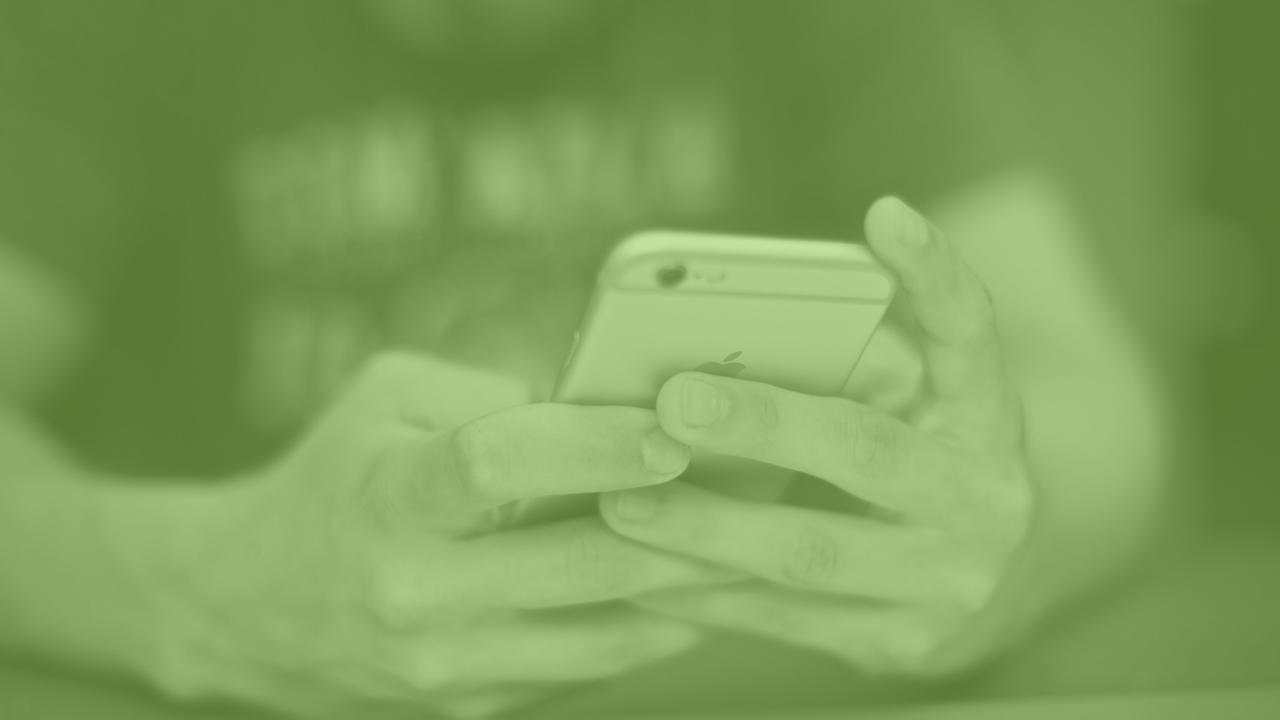Smart Phones are Now Harming Your Business and Here's Why

Is it me or have service standards been dumbed down by the smartness of phones? Everywhere I turn it seems, there are people on their phones catching a quick look at their most recent notification or posting?
In restaurants, shops, garages, petrol stations, newsagents, hospitals.
Everywhere.
And everyone who owns a device has done it. You are guilty too!
In the last week alone I've witnessed the following examples of people on their phones whilst 'working'.
- An airport security officer while screening passengers hand luggage.
- A shop assistance while checking out a customer at the cash register.
- A forecourt attendant at a petrol station at the payment point.
- A waiter in a restaurant checking his phone in between trips to the kitchen to serve customers.
- A shop assistant standing in the doorway of her shop as customers entered and left.
- Employees checking phone status during meetings.
- Course participants checking email during a course.
- A hotel receptionist checking her phone behind the reception desk as guests were checking in with colleagues.
When a phone was just a phone we never had these problems.
People simply answered the phone and that was it. If it didn't ring, it stayed in your pocket or bag.
Now their smartness leads to some dumb behaviours.
I see people on their phones behind service counters rather than engaging with customers or stepping out to offer help to customers. It must be having an impact on the service levels and customer experience.
If your employees aren't tuned into what's going on in your store or restaurant, then opportunities are missed.
It's a simple choice.
Pay attention to the customer, not what's going on in your social media stream.

Research Shows the Impact
A survey of 2,186 hiring managers and 3,031 full-time workers released in June 2016 by CareerBuilder showed how our ubiquitous smartphones were becoming a nuisance to many businesses. And if was bad in 2016, it's got to be even worse in 2018 with yet newer releases of the latest technology.
55% of employers considered smartphones to be the biggest killers of workplace productivity.
Not surprising since more than eight in 10 workers (83 percent) own the devices and 82% keep them within eye contact while at work.
The report stated that the biggest distracting use of the devices is for personal messages (55%), followed by weather (51%), news (44%) and games (24%).
It wouldn't be so bad if employees were using them to look up self-development material, online courses or quick tips on how to improve their customer's experience!
According to another study from Carnegie Mellon University’s Human-Computer Interaction Lab, “The Negative Effects of Cellphones,” 2013:
Researchers found that the average office worker gets about 11 minutes in between each interruption, but takes about 25 minutes to return to completing the original task after each interruption.
Eight Negative Impacts of Smart Phone Use at Work
- Employee distraction away from the task at hand.
- Interrupting communication at meetings and during courses or workshops.
- Preventing the separation of home and work as people bring their problems to work on their phones and vice versa.
- Reduction in productivity as it takes longer to refocus back onto the job after each interruption.
- Increases in workload when people double check emails, once on the phone and then often again on their computers.
- Phones can spread confidential information more readily as they are easily lost and often not as secure.
- Increases in personal injury through trying to multi-task with a phone either driving, walking or carrying out other physical tasks.
- Poor customer service and lost sales opportunities as customer needs aren't spotted.
According to the CareerBuilder survey, there’s a high cost of low productivity. Almost half of employers (48%) said smartphone distractions compromised the quality of work.
Other negative consequences included: a lower morale because other workers have to pick up the slack (38%), a negative impact on the boss/employee relationship (28%), and missed deadlines (27%).
What to Do About It
How each organization handles phone usage is a matter for them. There is, after all, no definitively right way to manage this issue.
I believe that it's down to the individual organization to produce a set of guidelines that employees collaborate in developing rather than expecting them to be driven down from the top overnight.
Get employee buy-in from the start and you stand a chance that they will self-police the phone usage and call colleagues out and hold them accountable for not adhering the common set of behaviours everyone has agreed to abide by.
These should take into account:
- The culture of the company.
- Morale of staff.
- Health and safety issues.
- Security.
- Productivity.
- Quality.
- Customer experience demands.
Poor phone discipline can lead to poor experiences at worst and bland at best. Neither help you thrive in today's oversaturated, over stimulated and overly competitive market.
Standing out, comes from WOWs, not woes.
To learn more about how we can help you to improve your customer experience through either training, coaching or online courses contact us here.
Or attend one of our open workshops during 2018.
Schedule a Free Discovery Call
Are you looking for support in planning, designing, creating, publishing or promoting your online courses? Schedule a call and let's explore how we can help you.
GET KAJABI FREE FOR 30 DAYS
Try Kajabi for 30 days for free.

50% Complete
Add Your Details
Add your details and we will email you helpful advice and insights. You can unsubscribe at any time.



